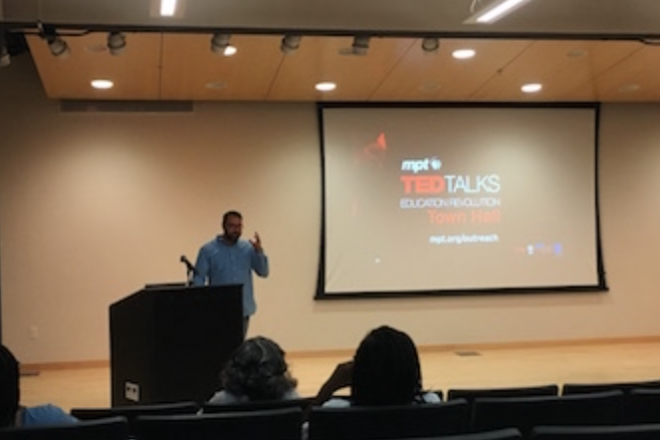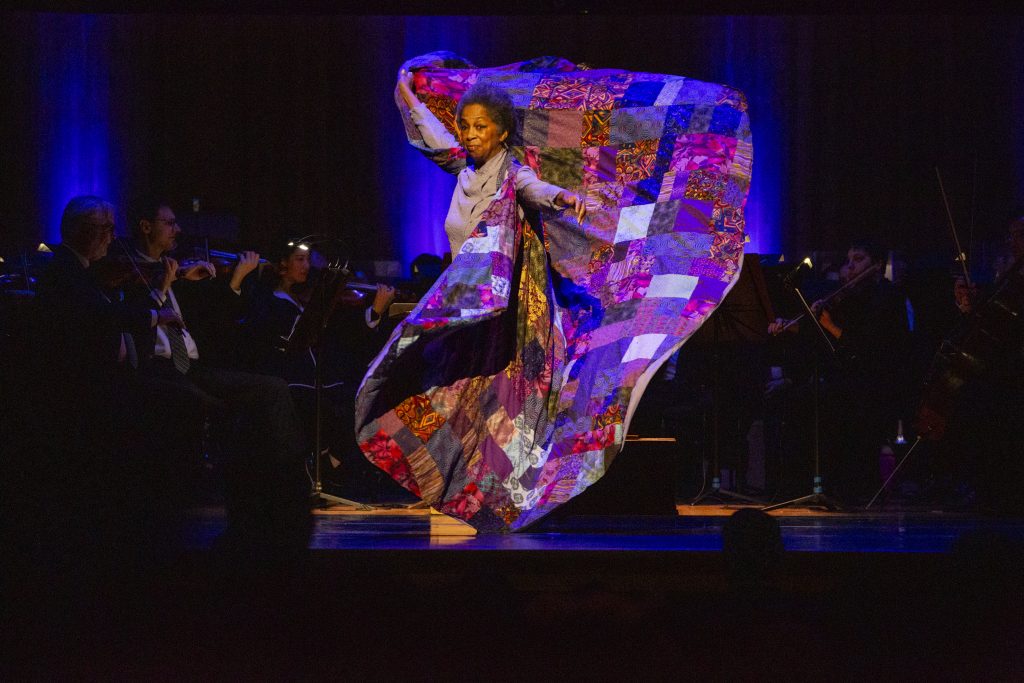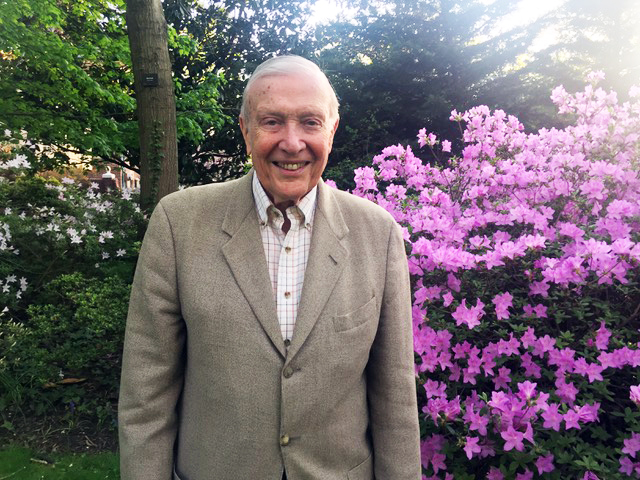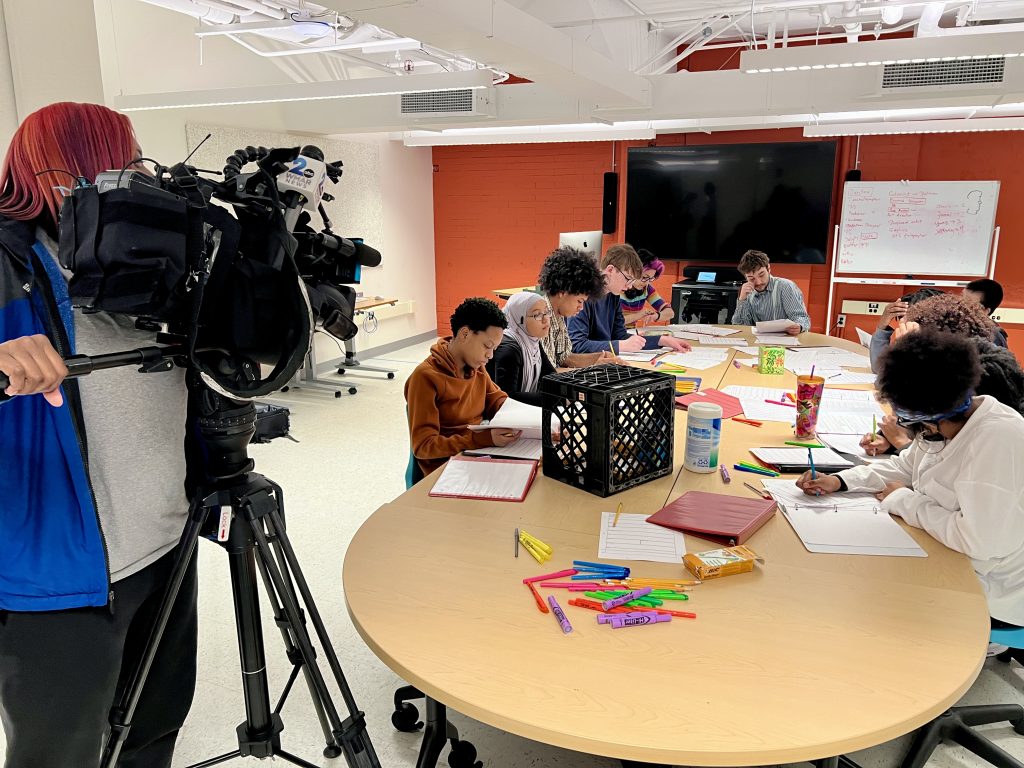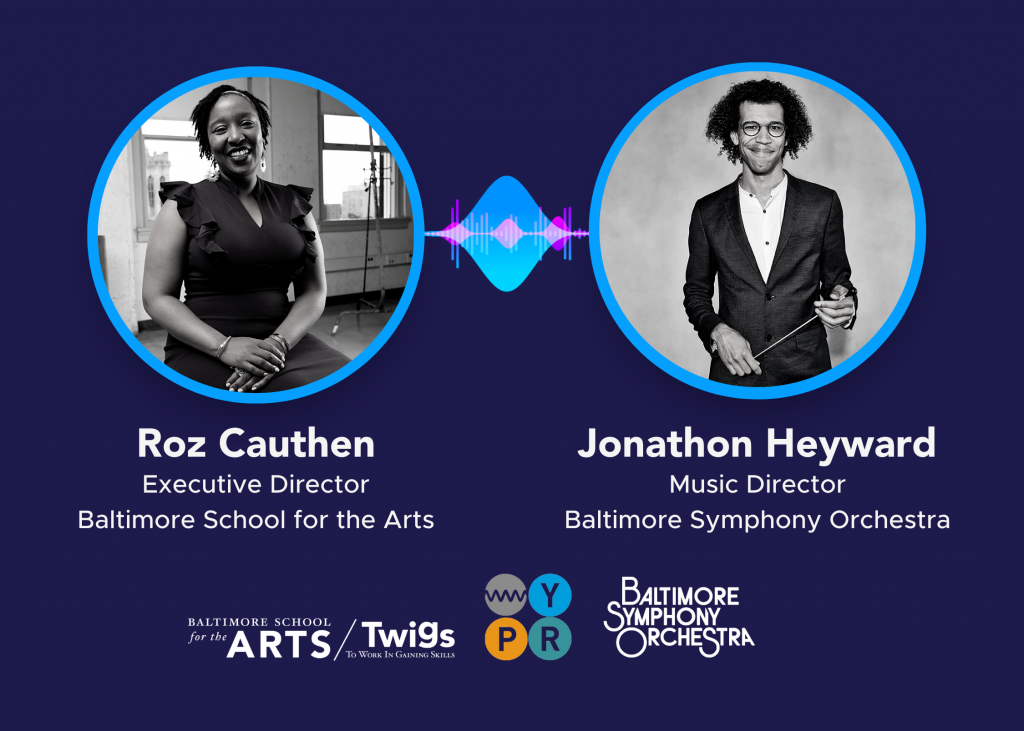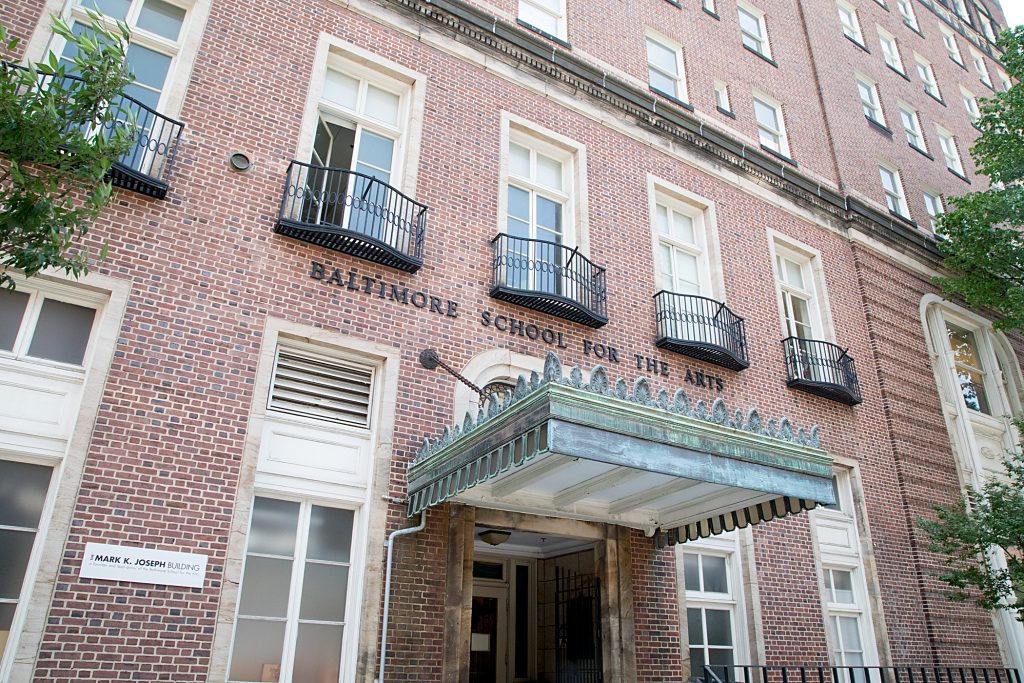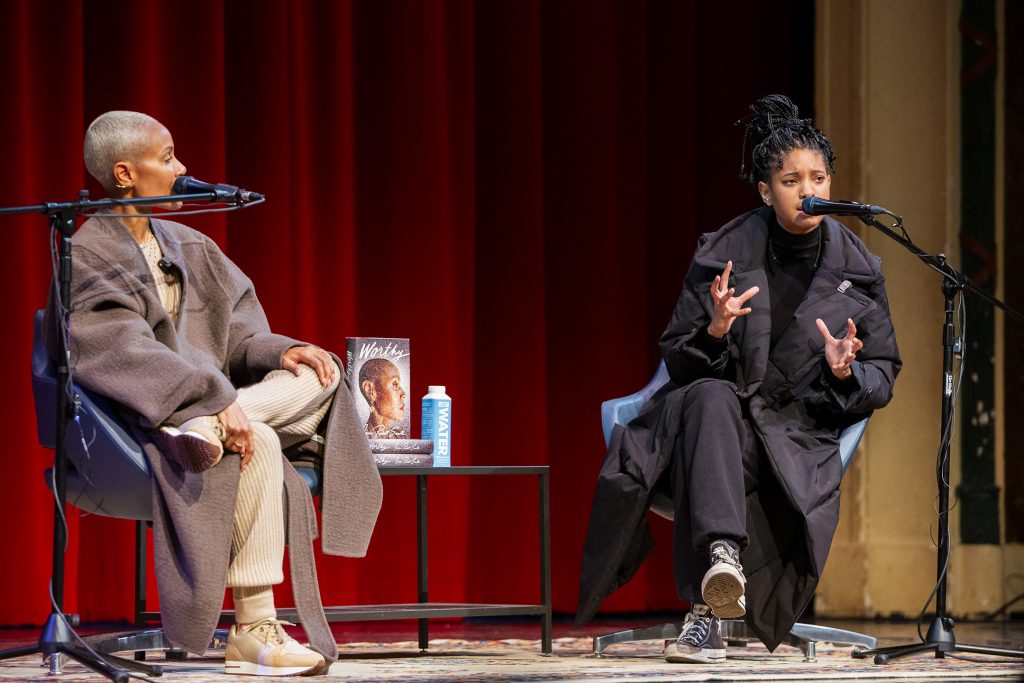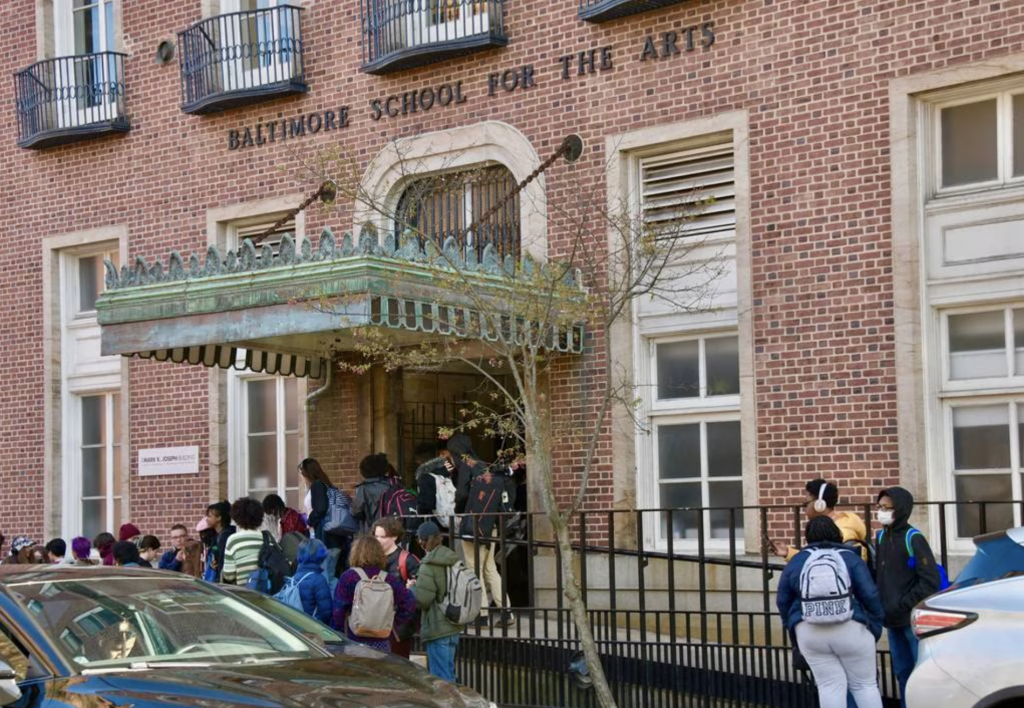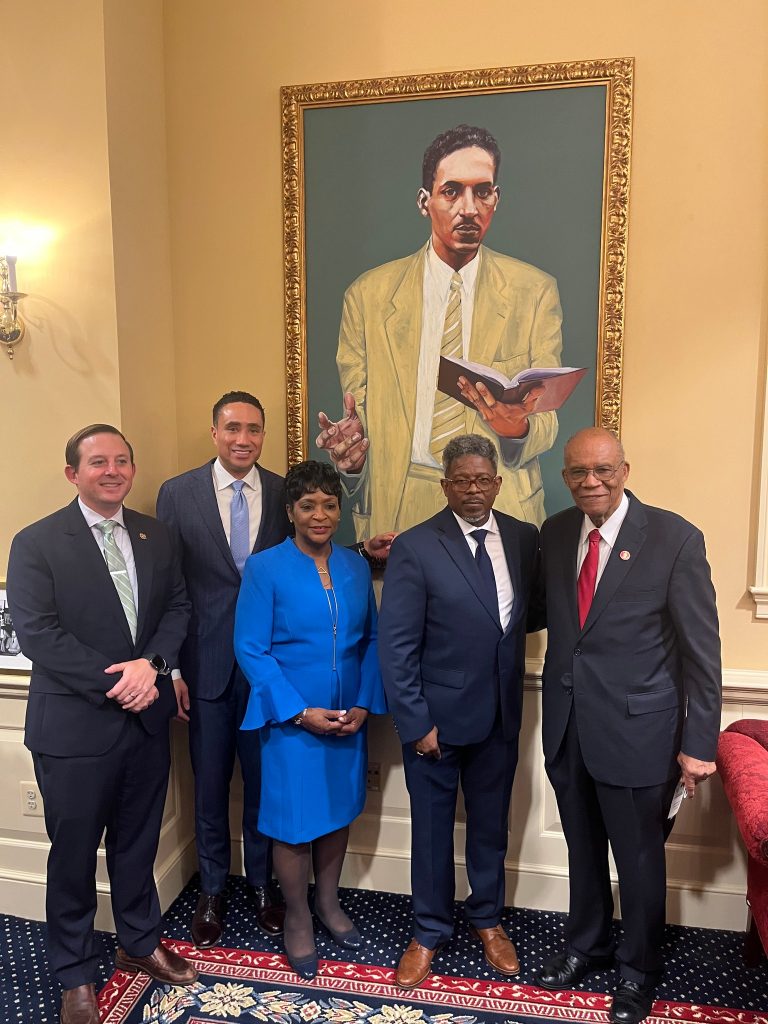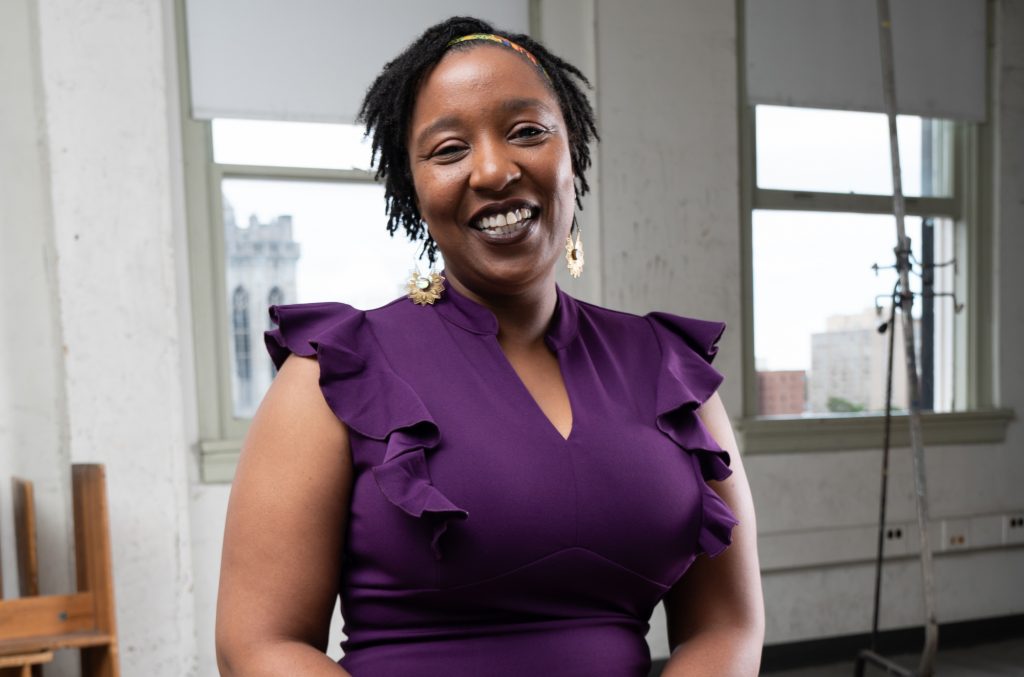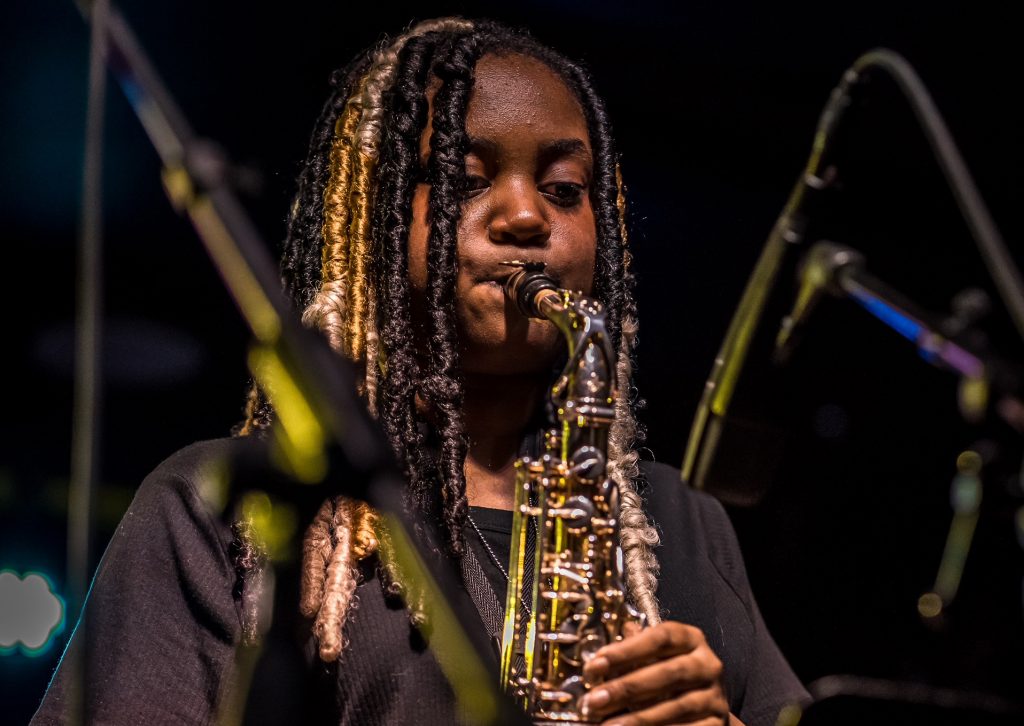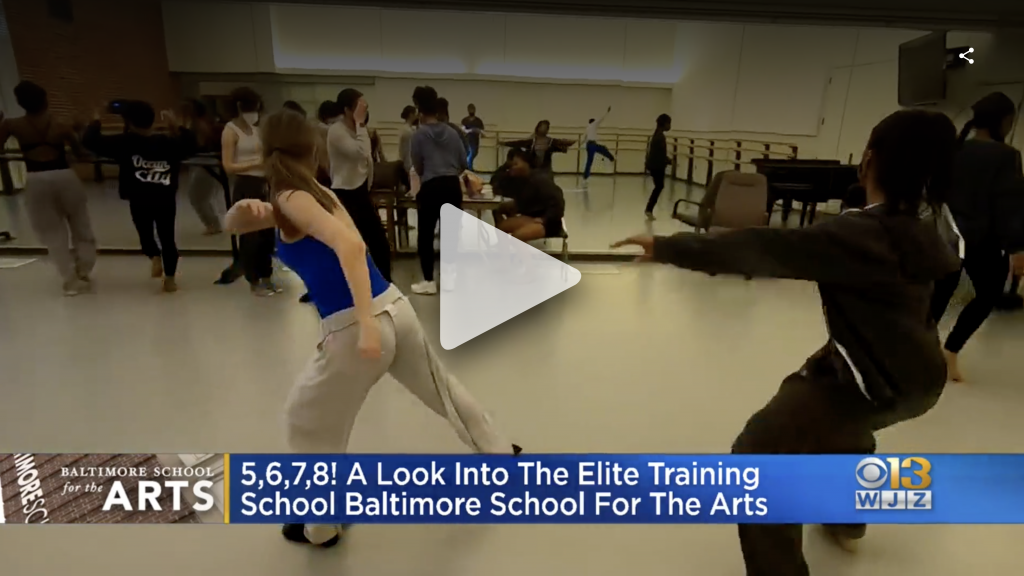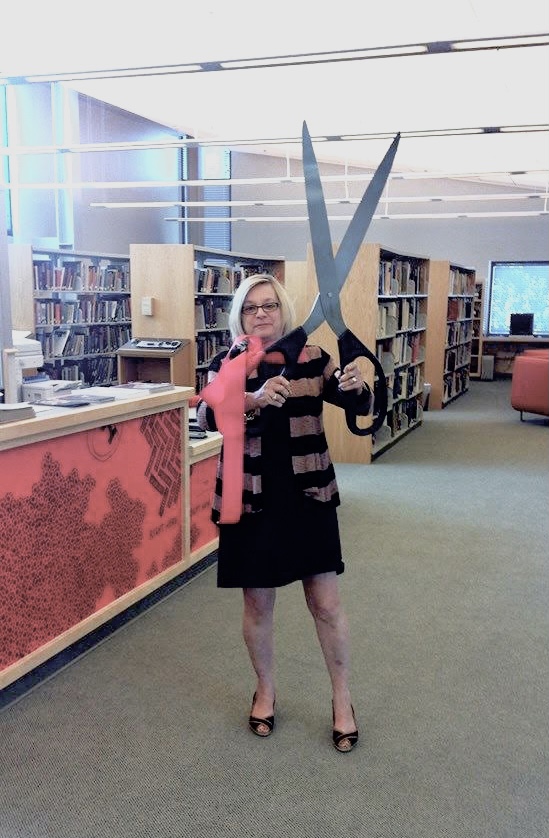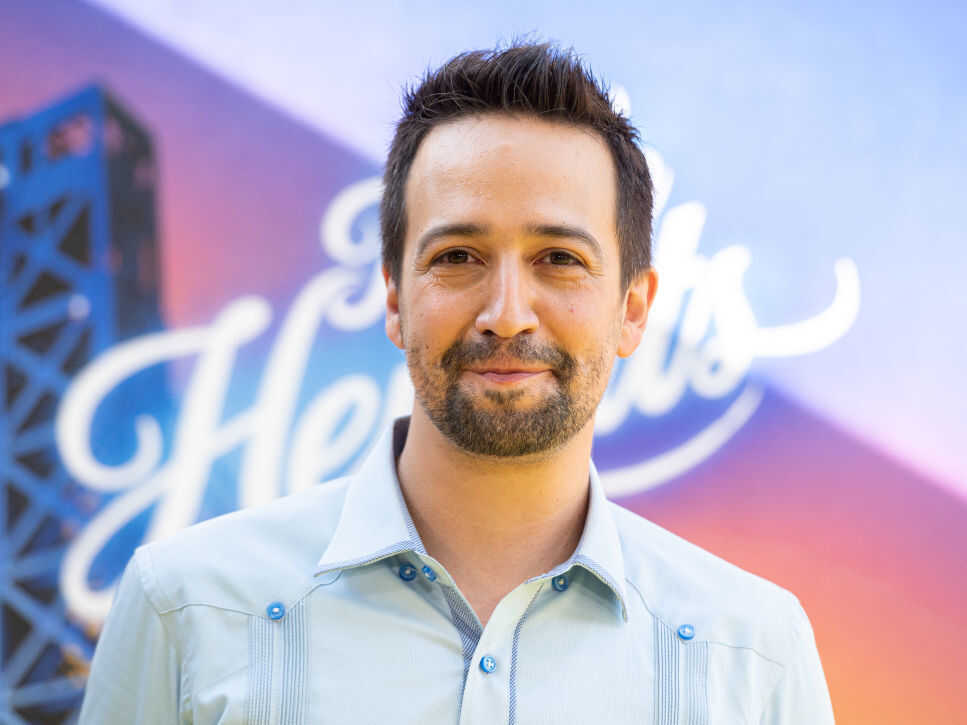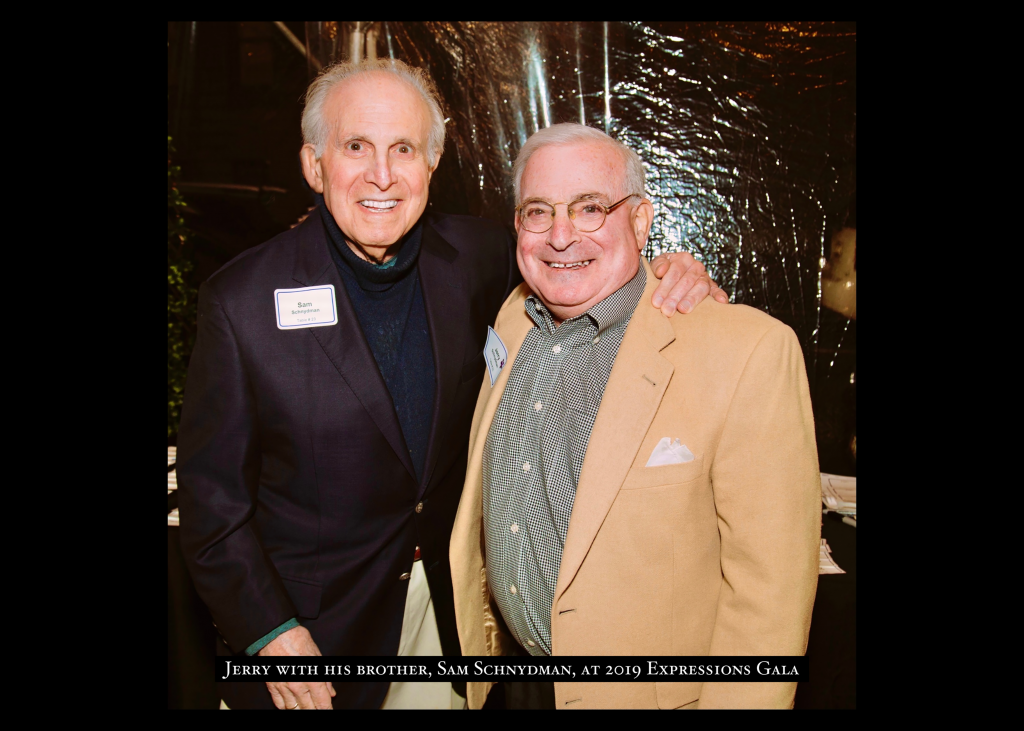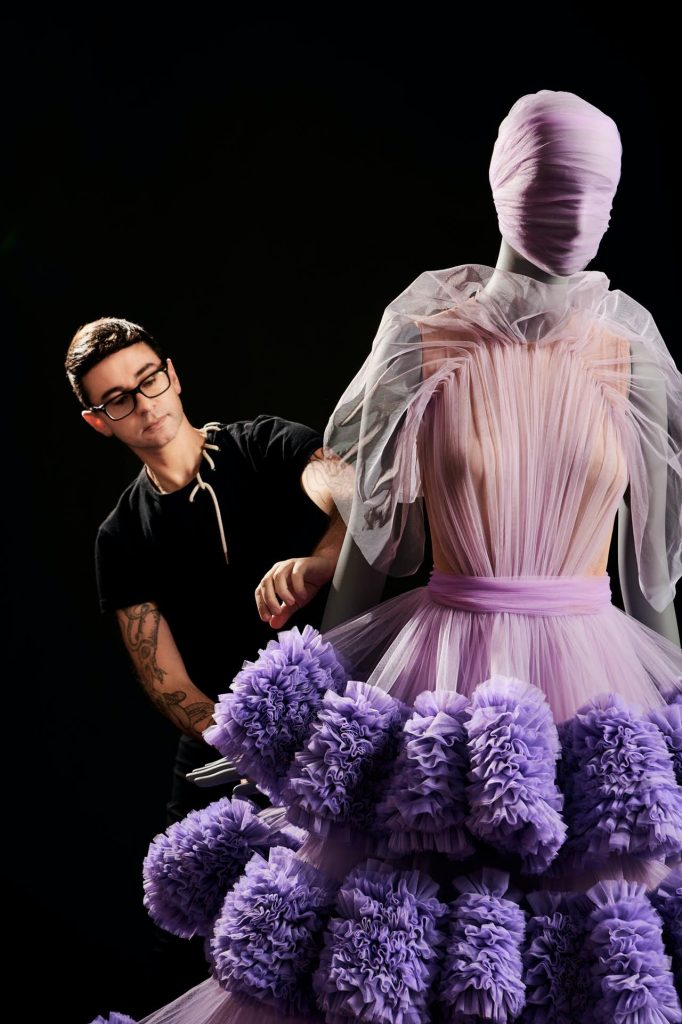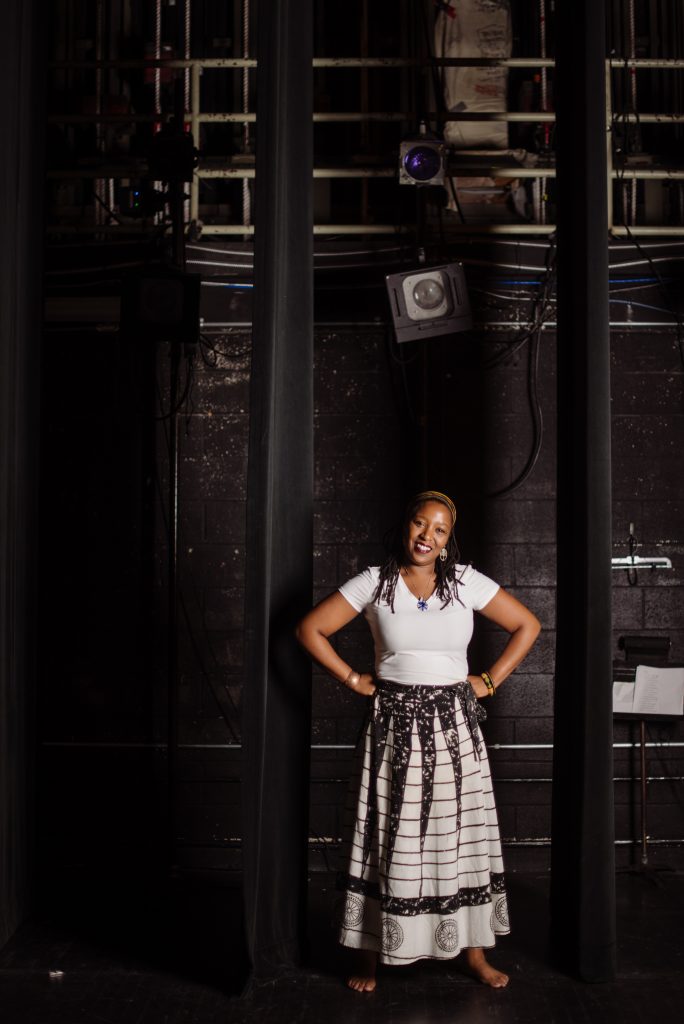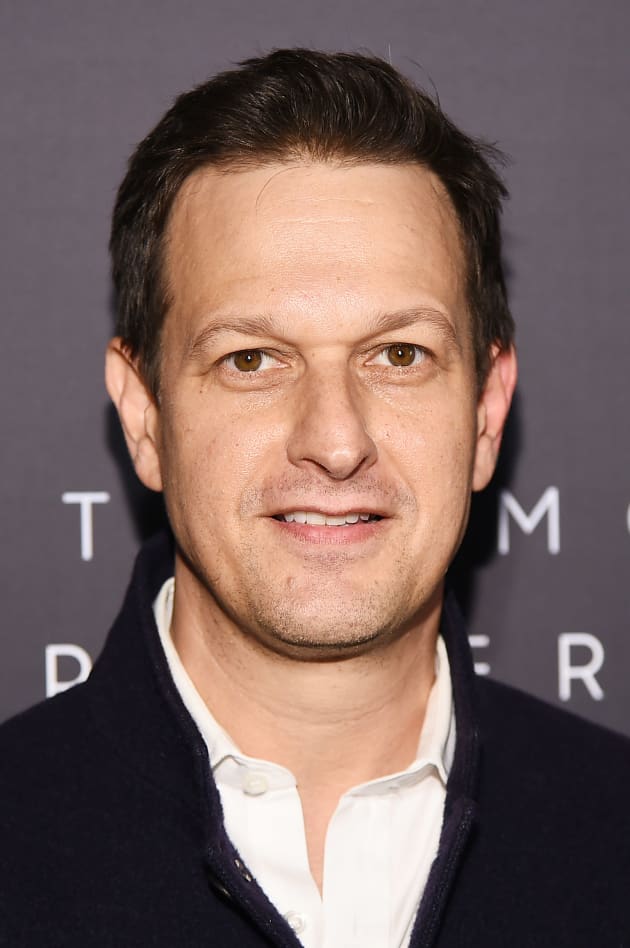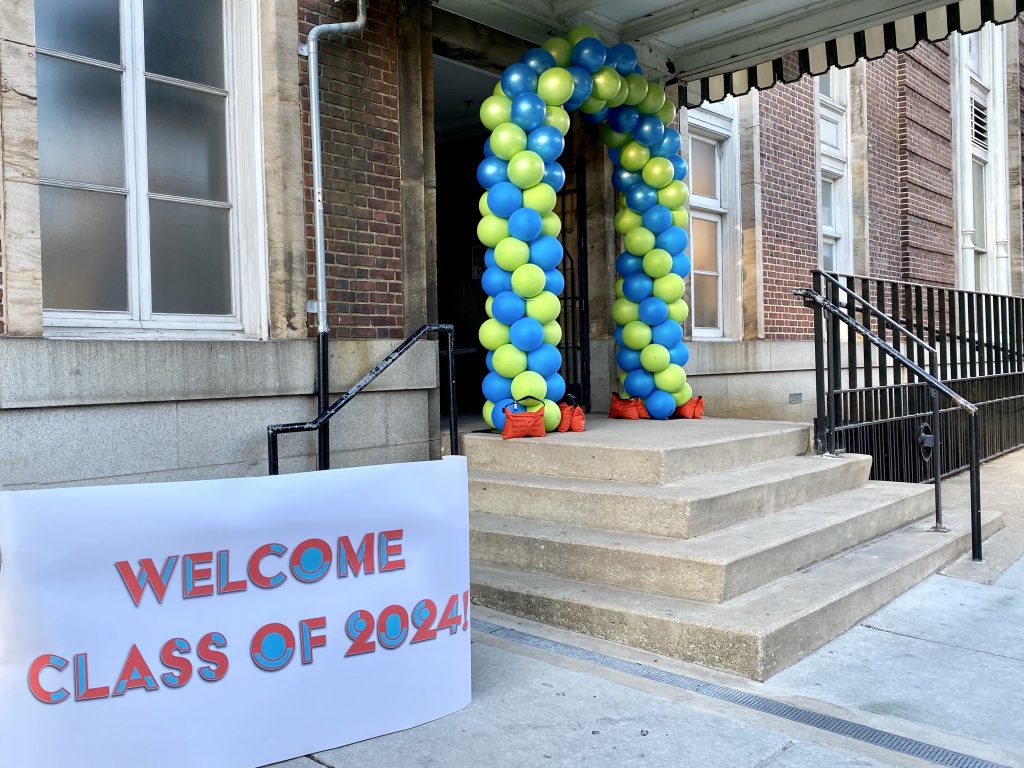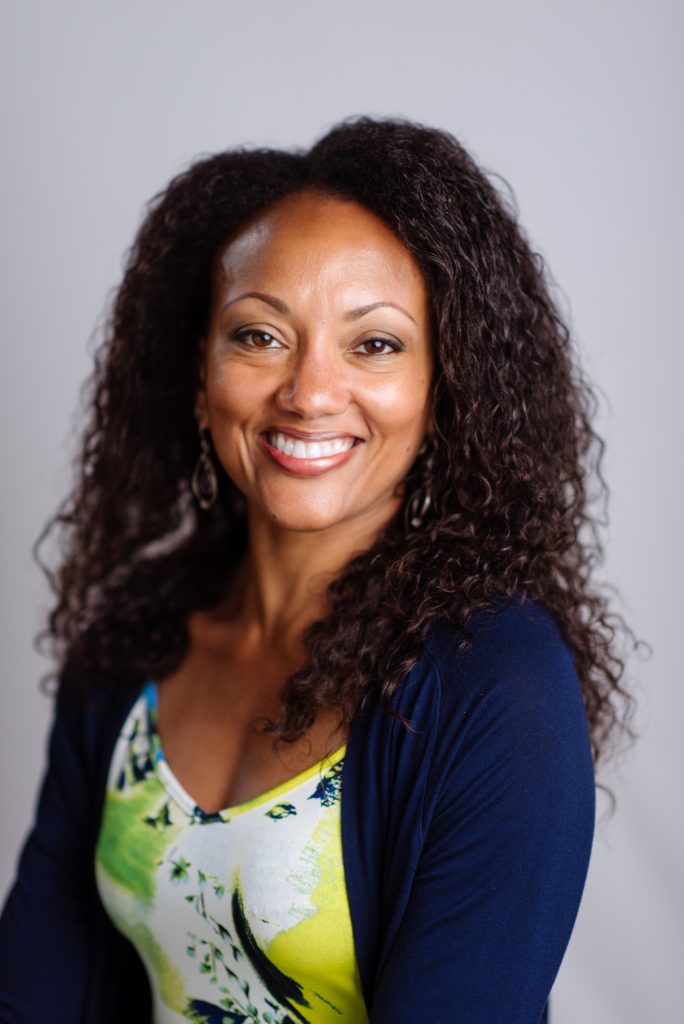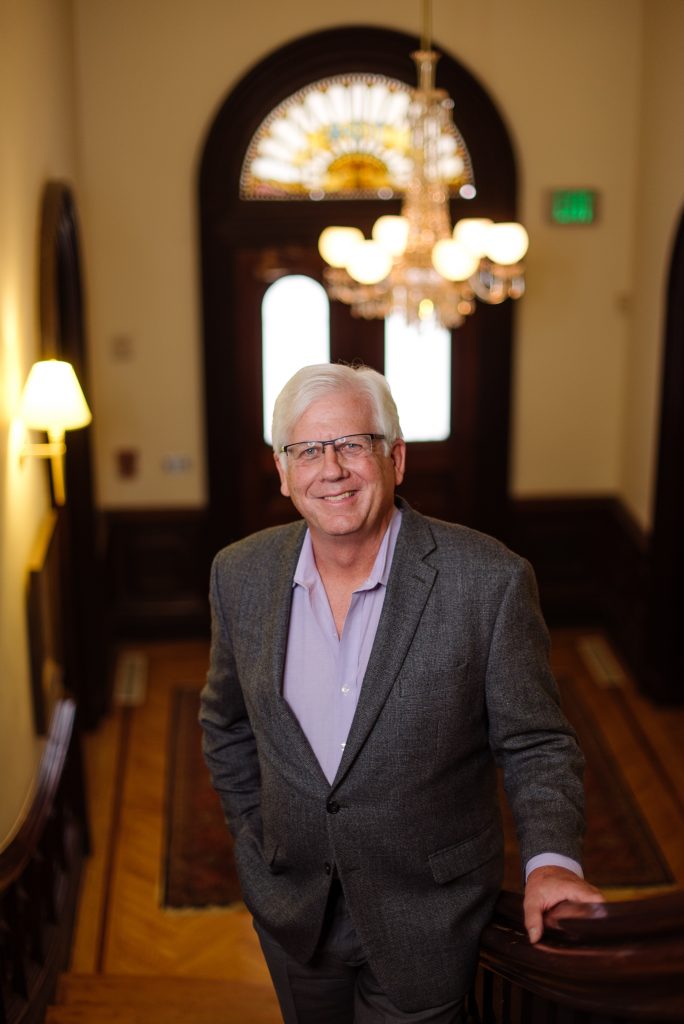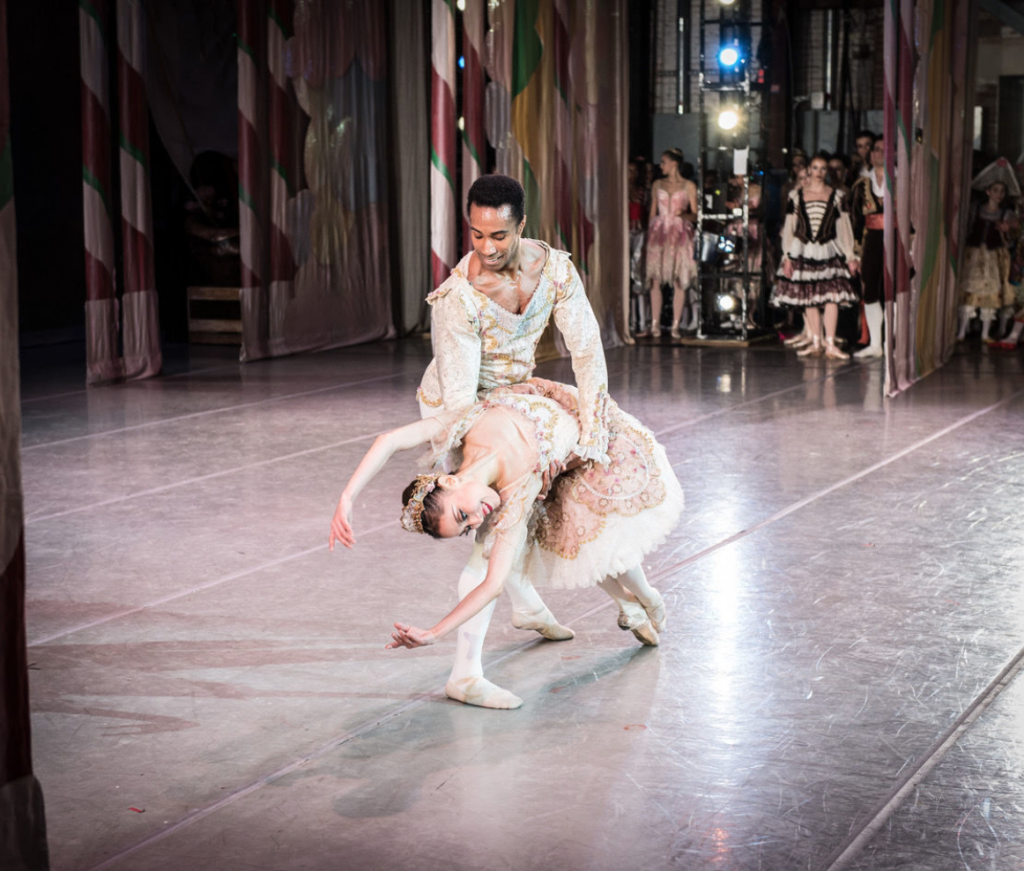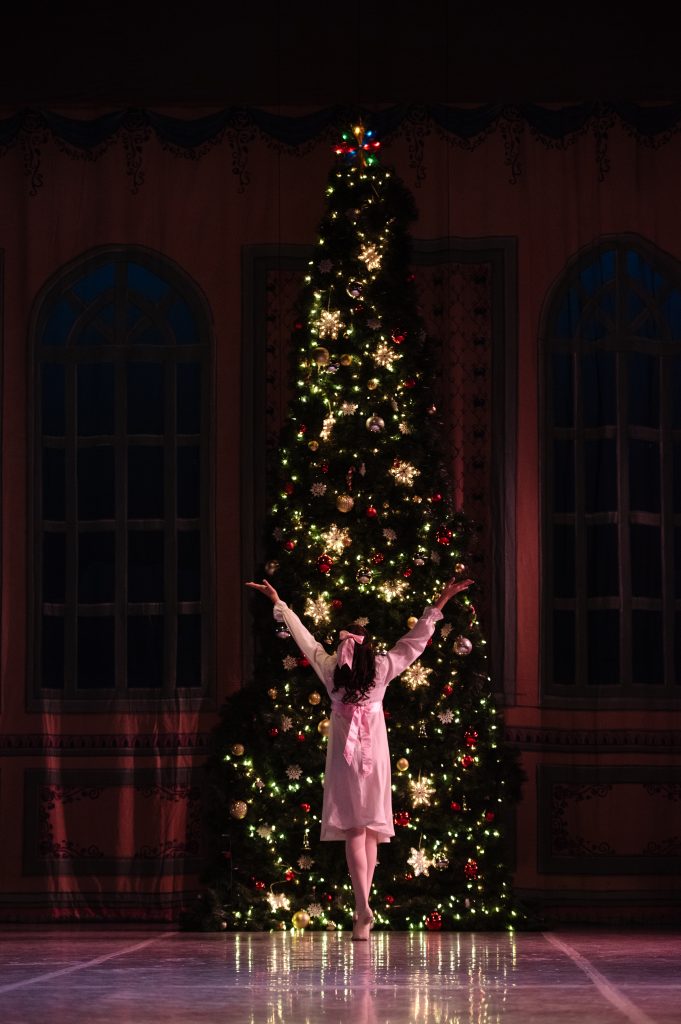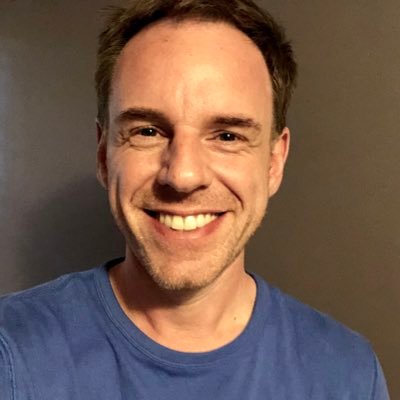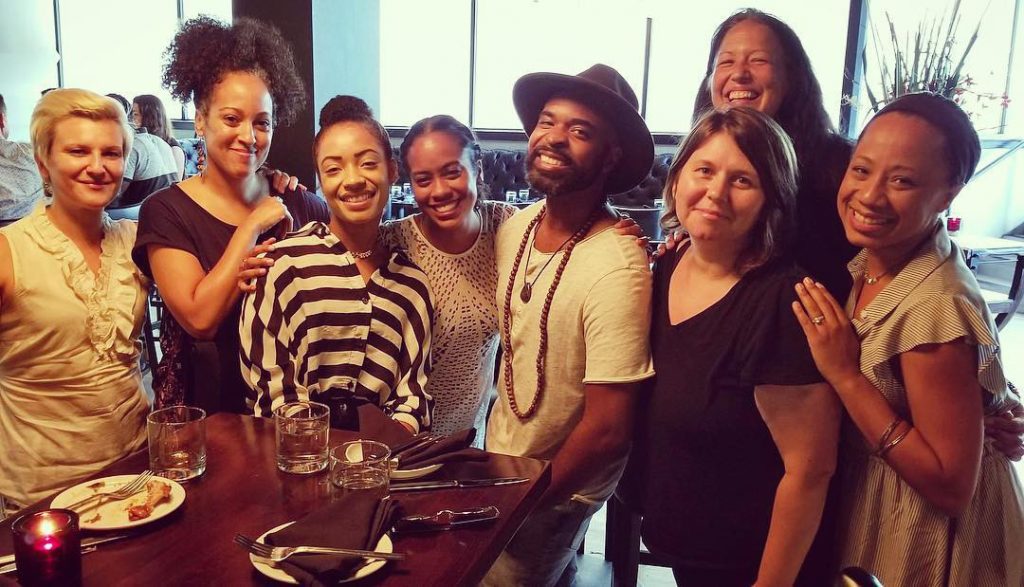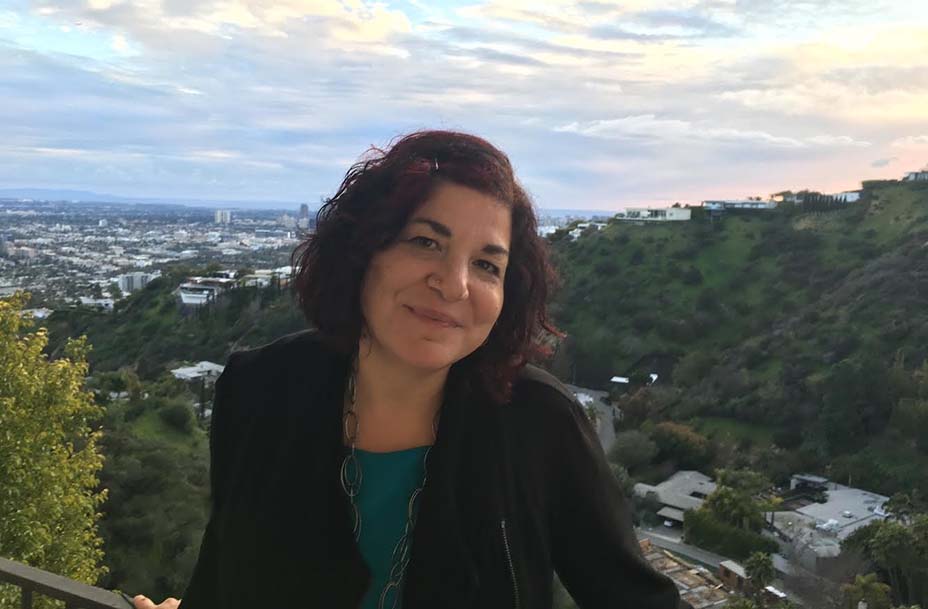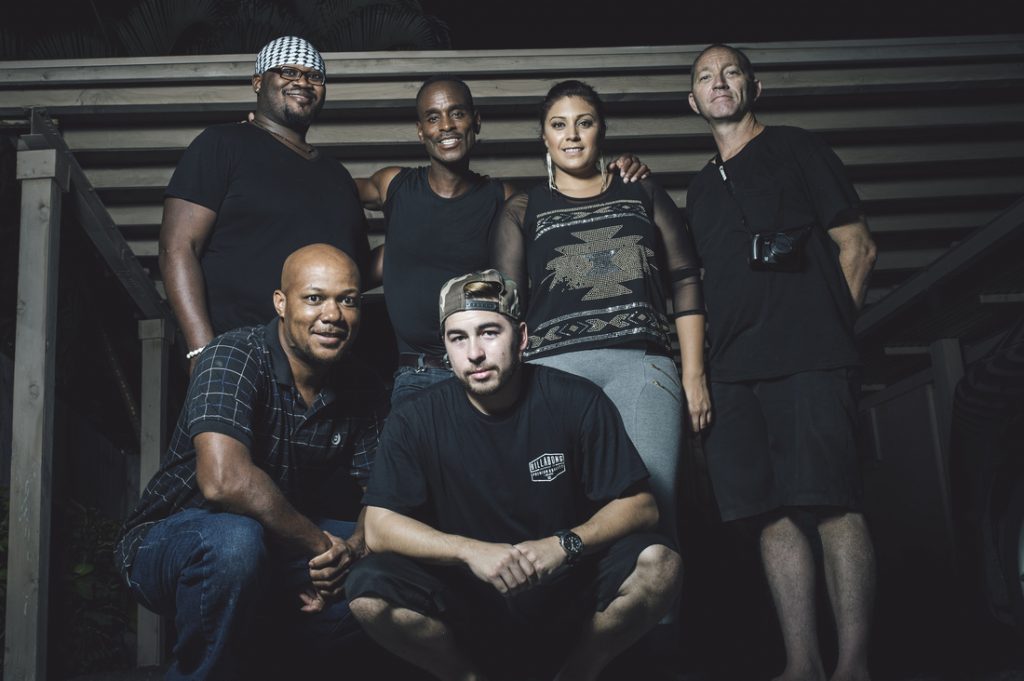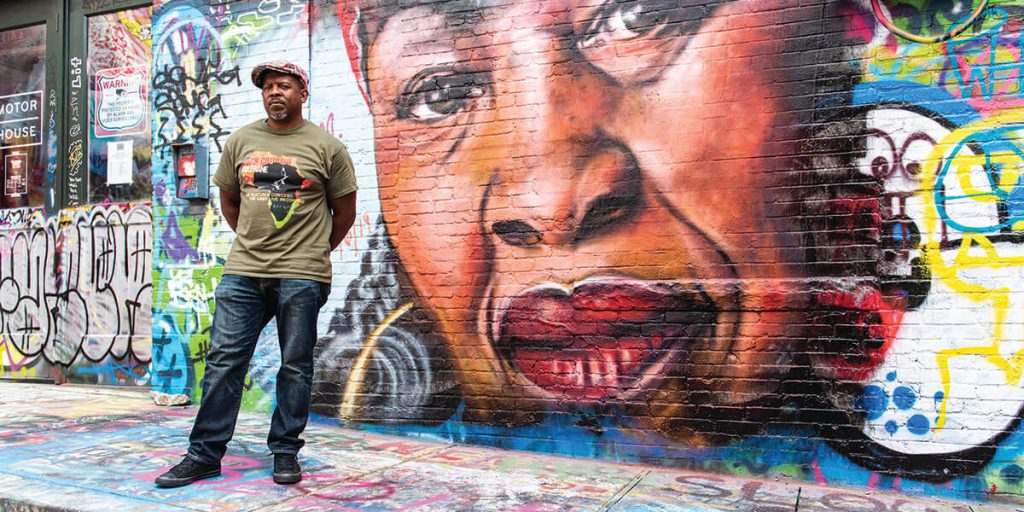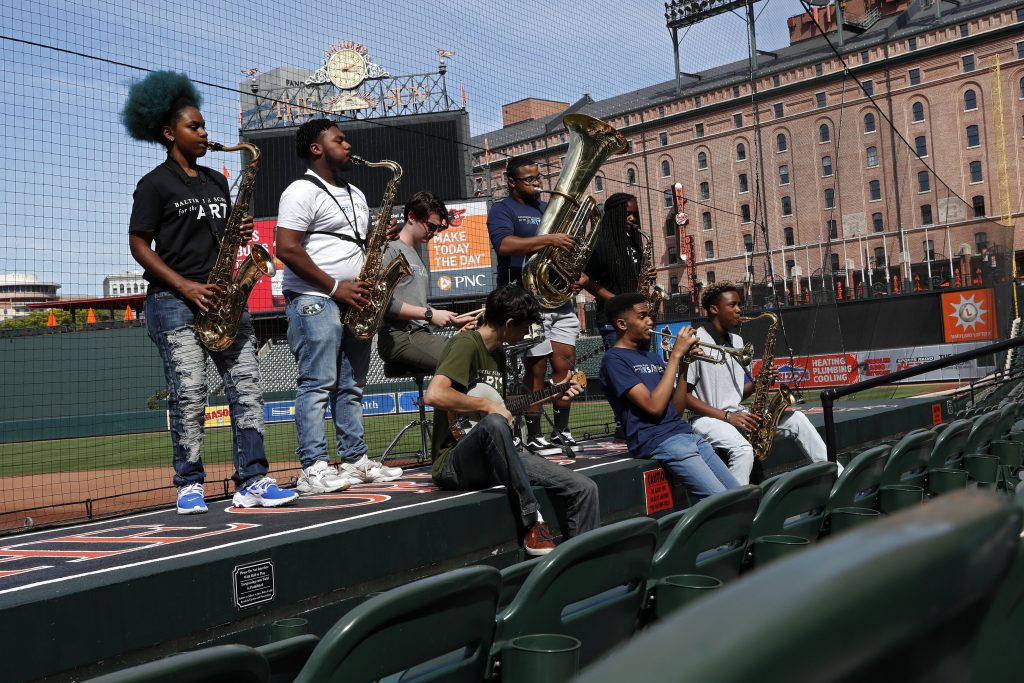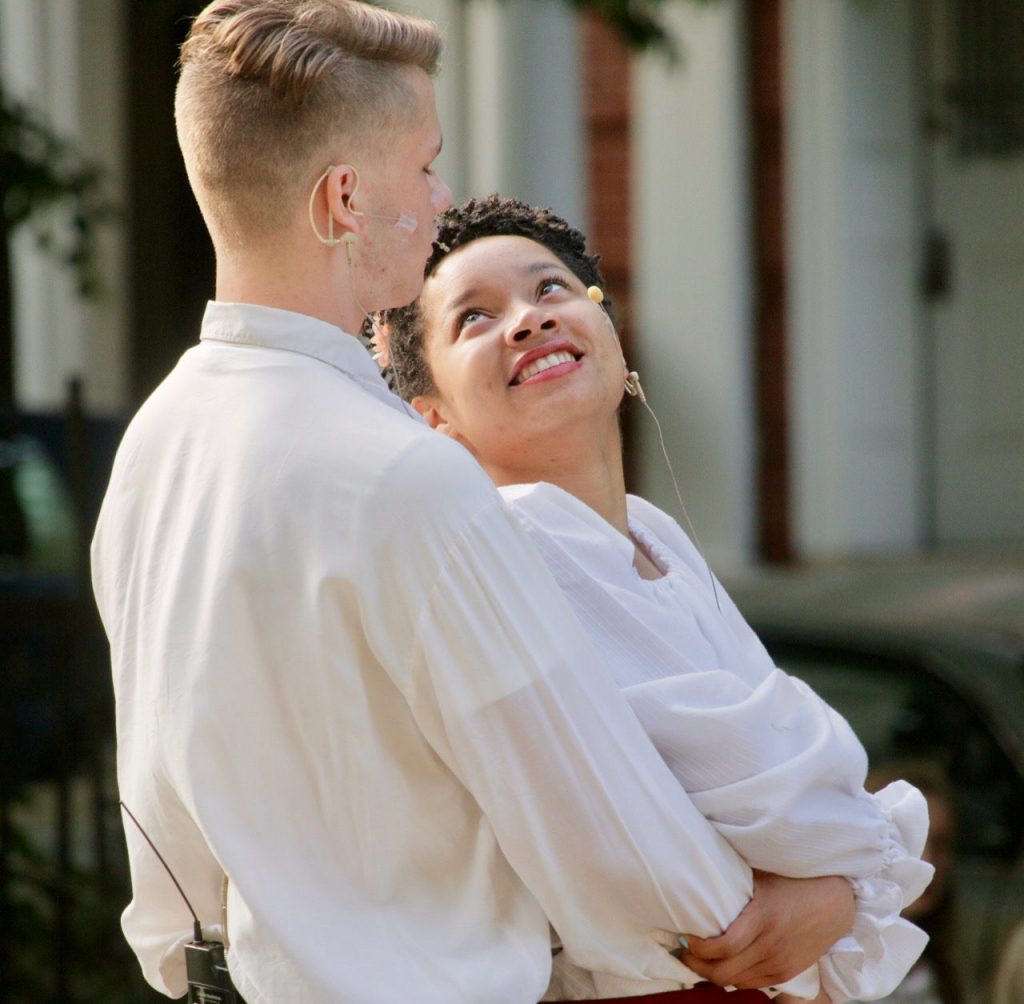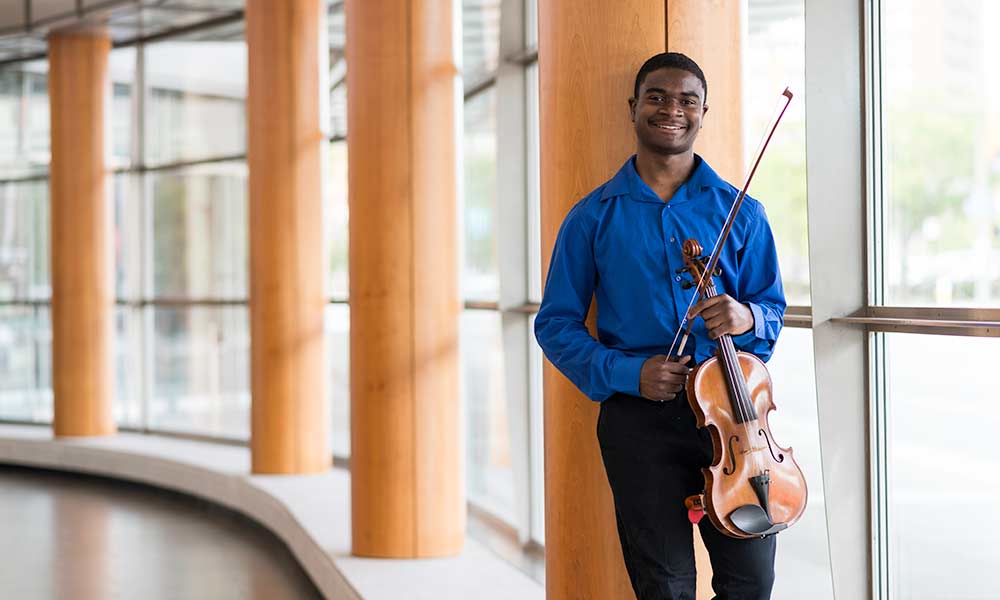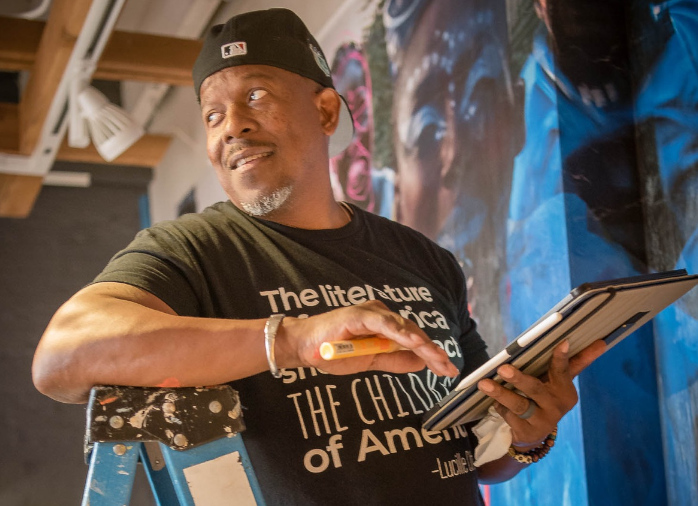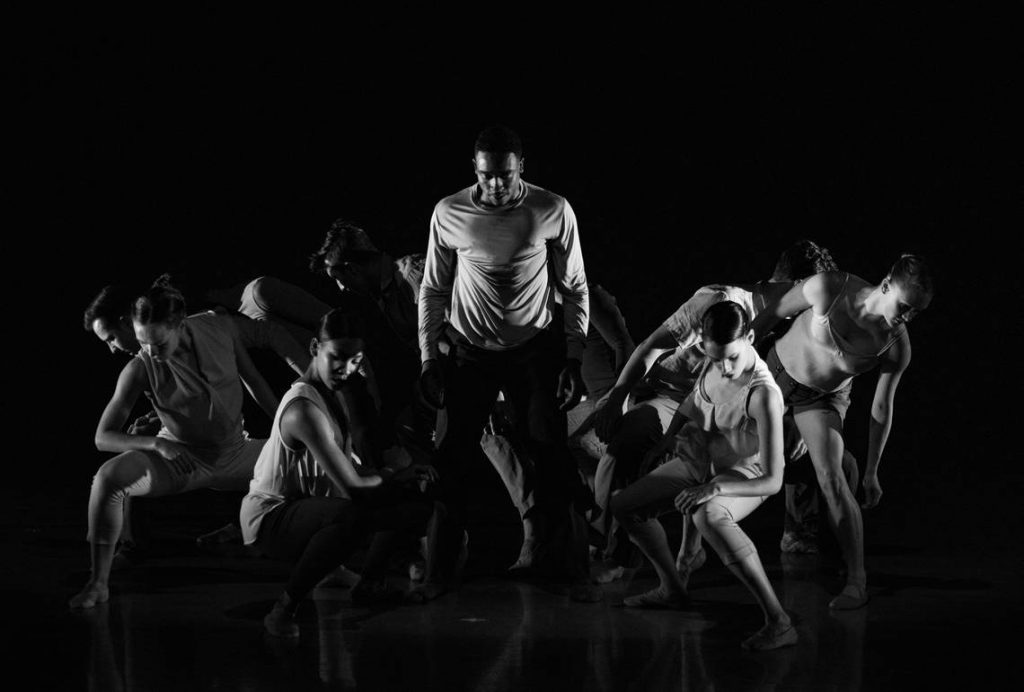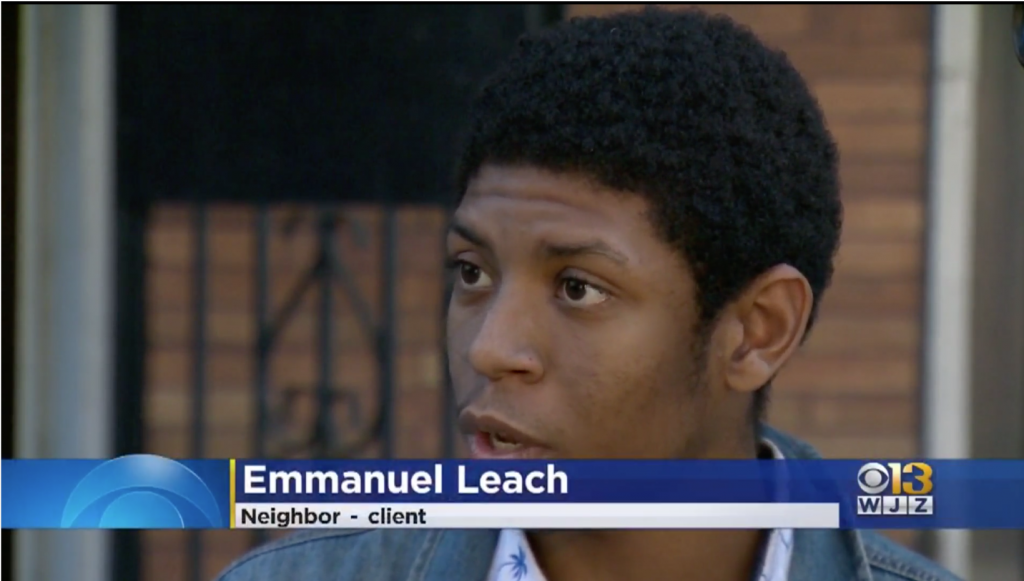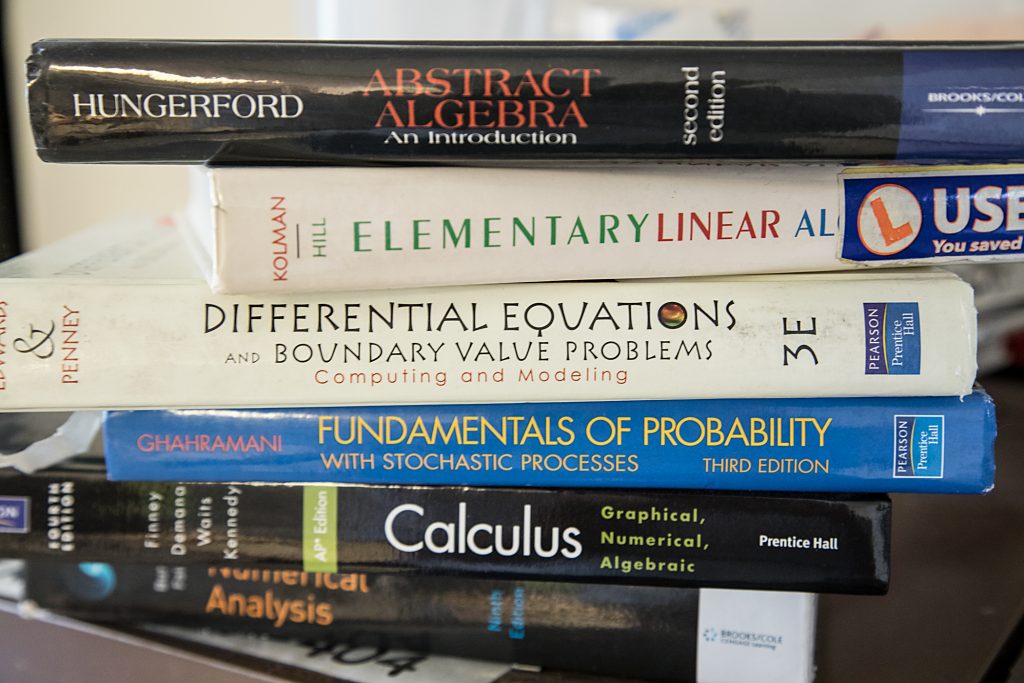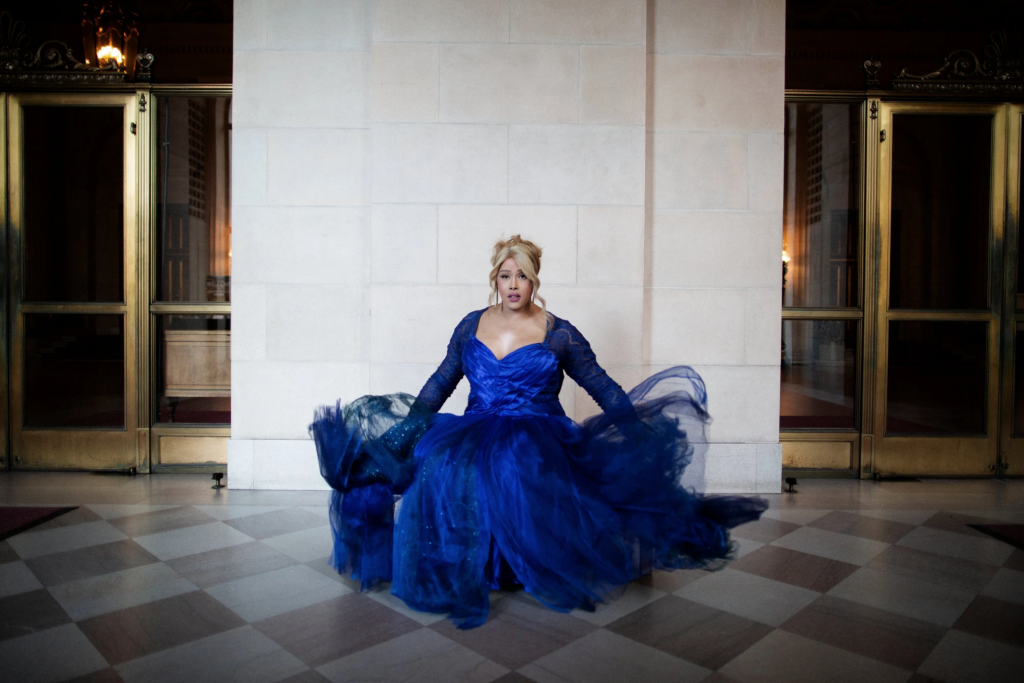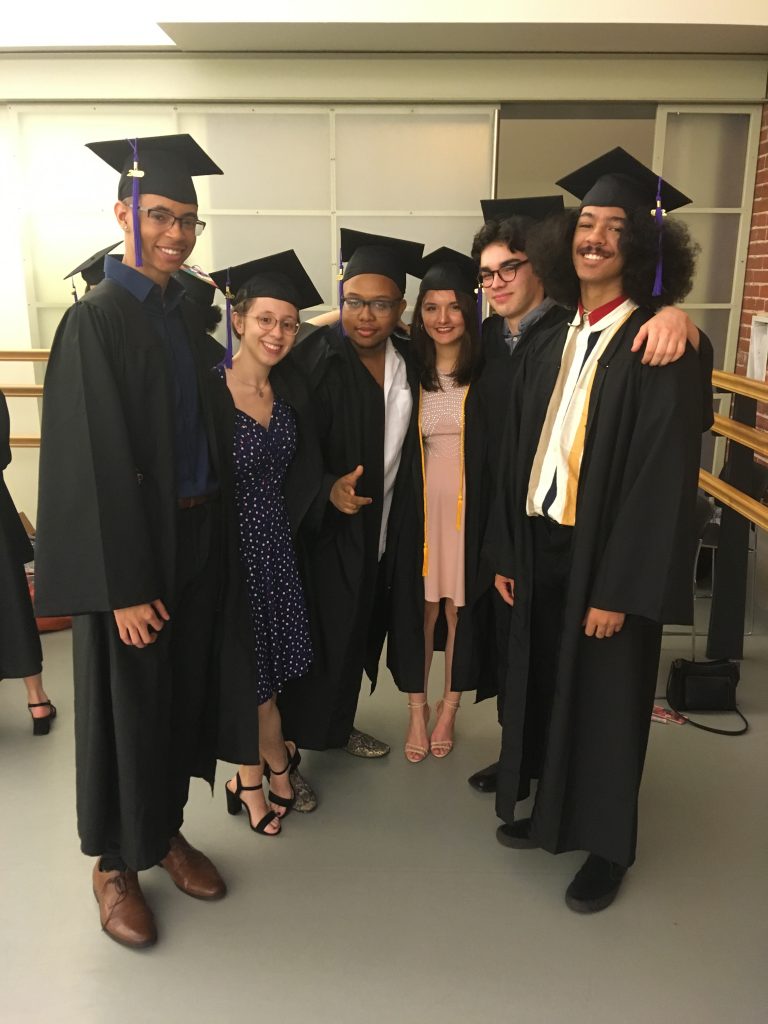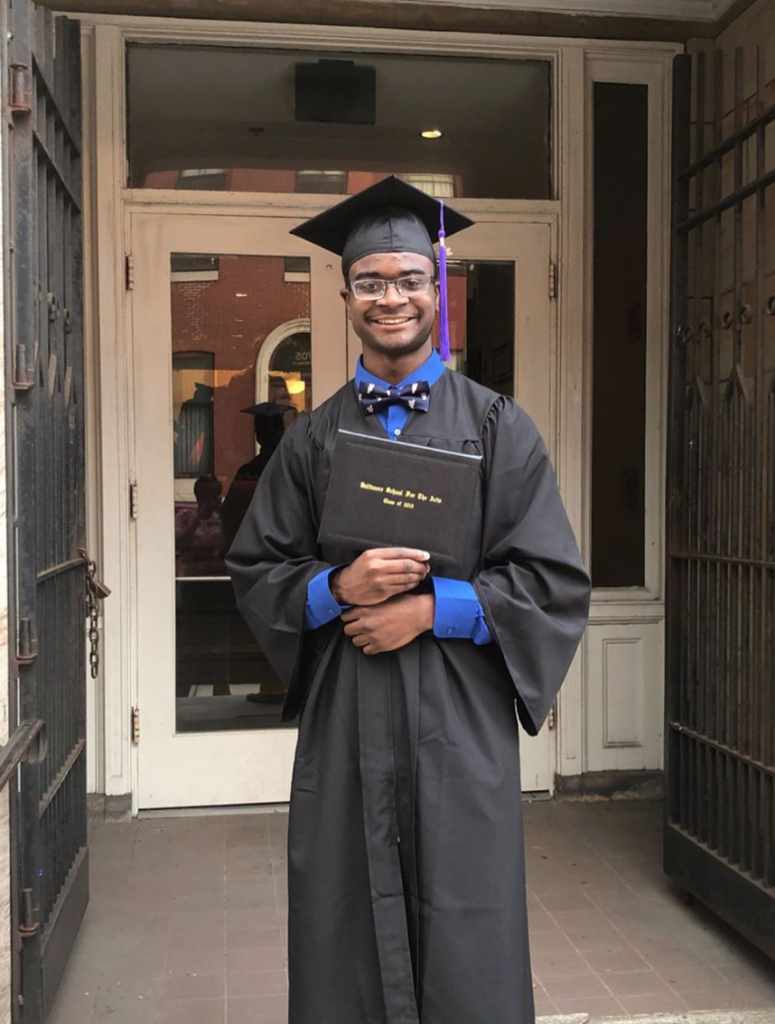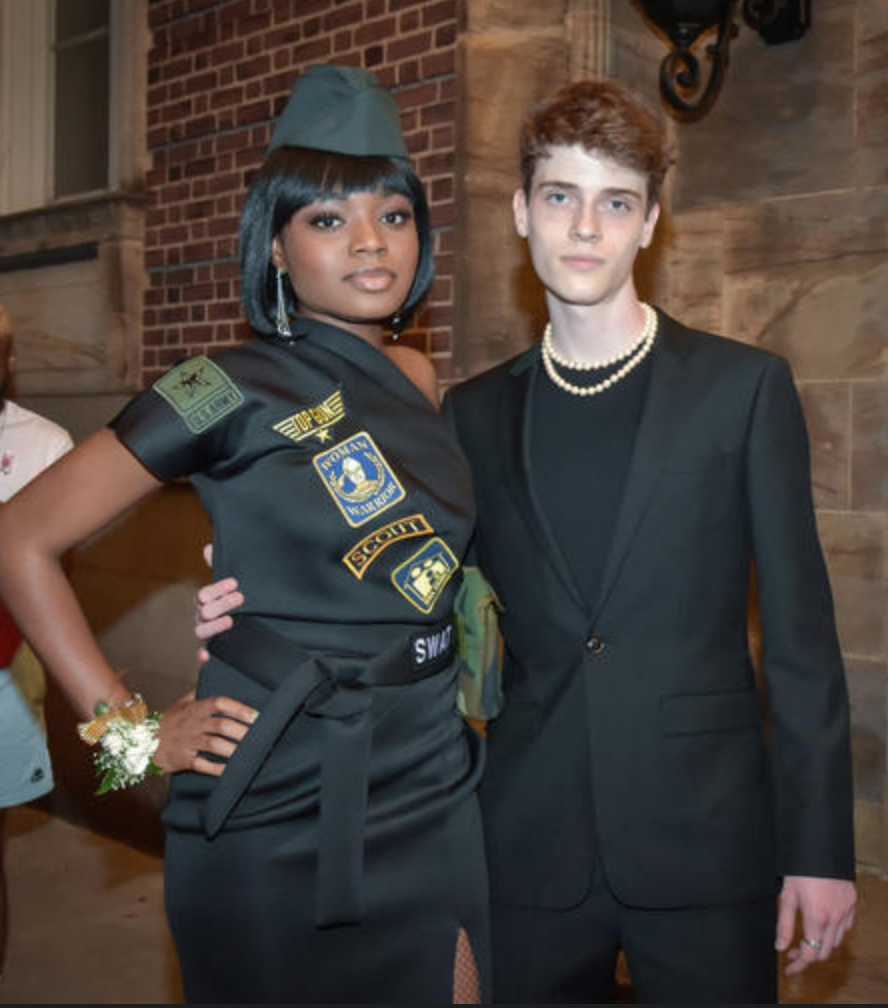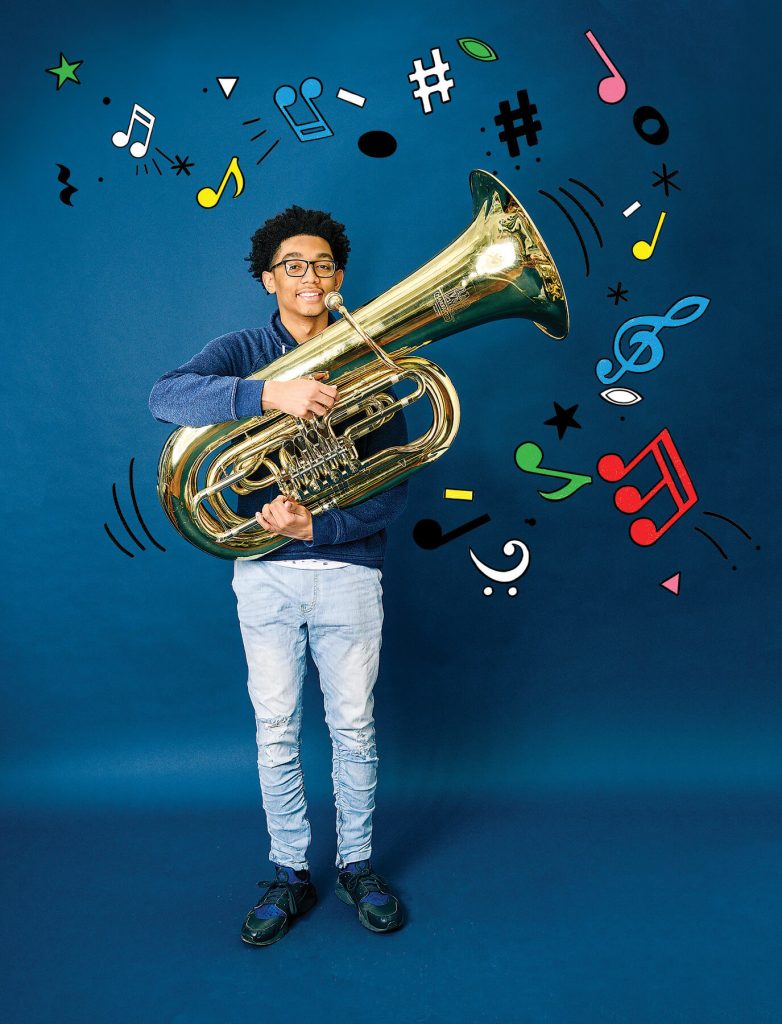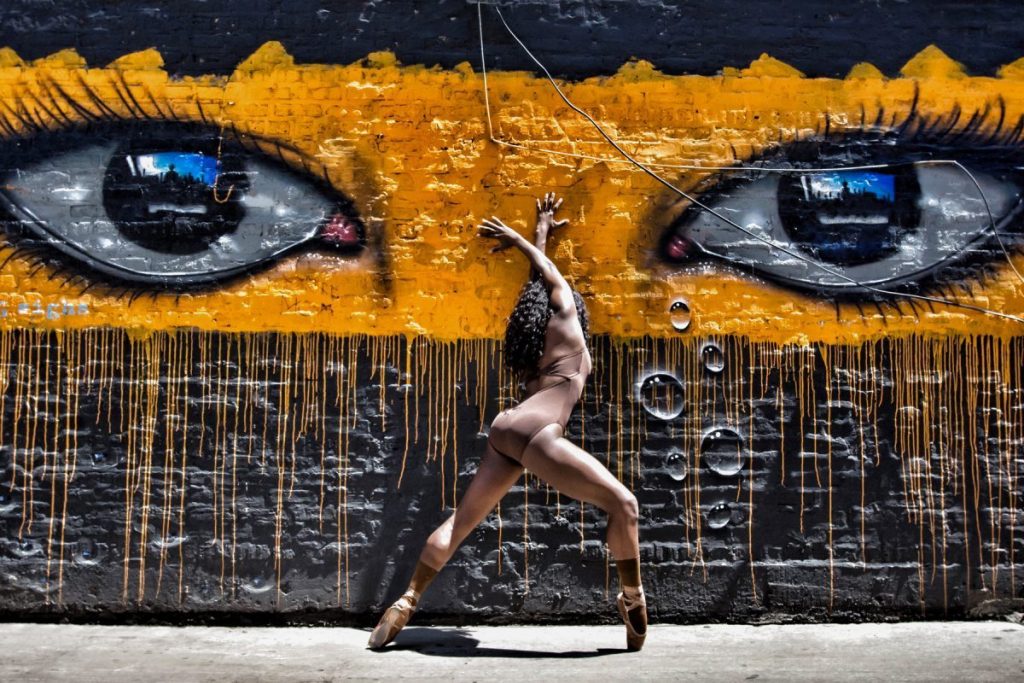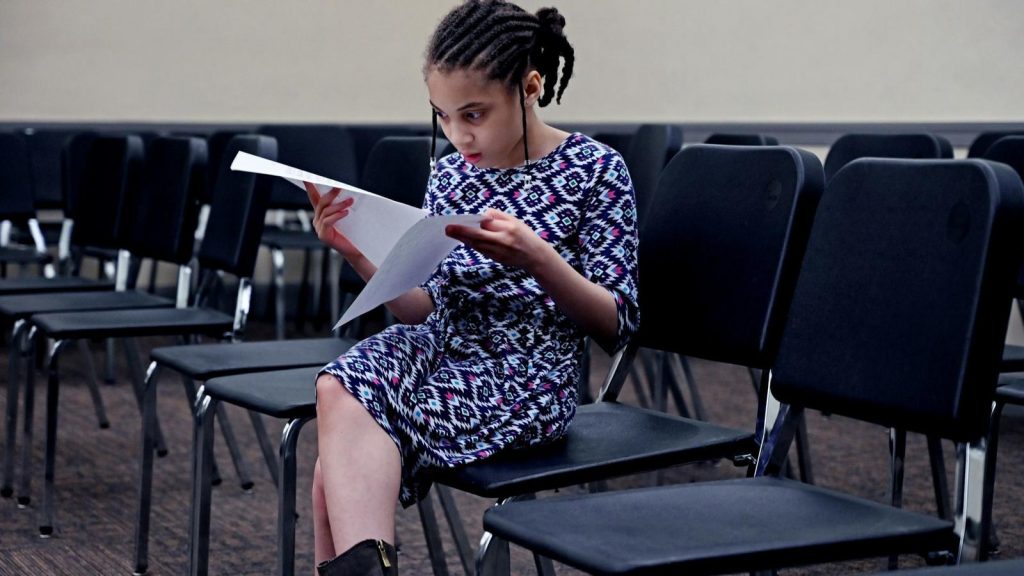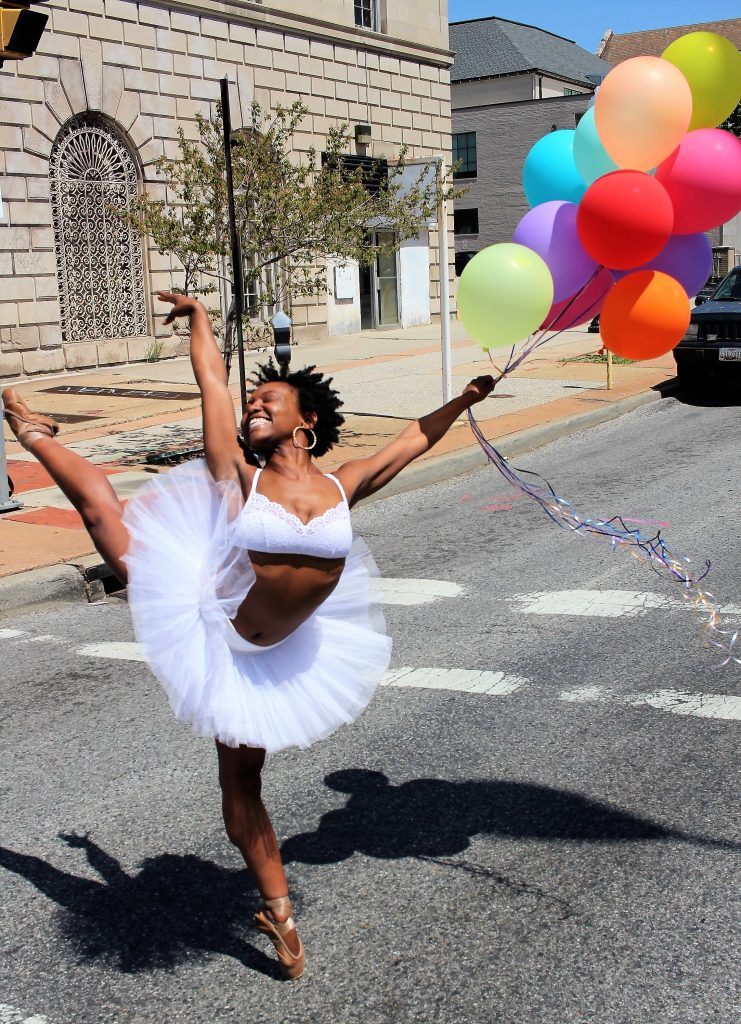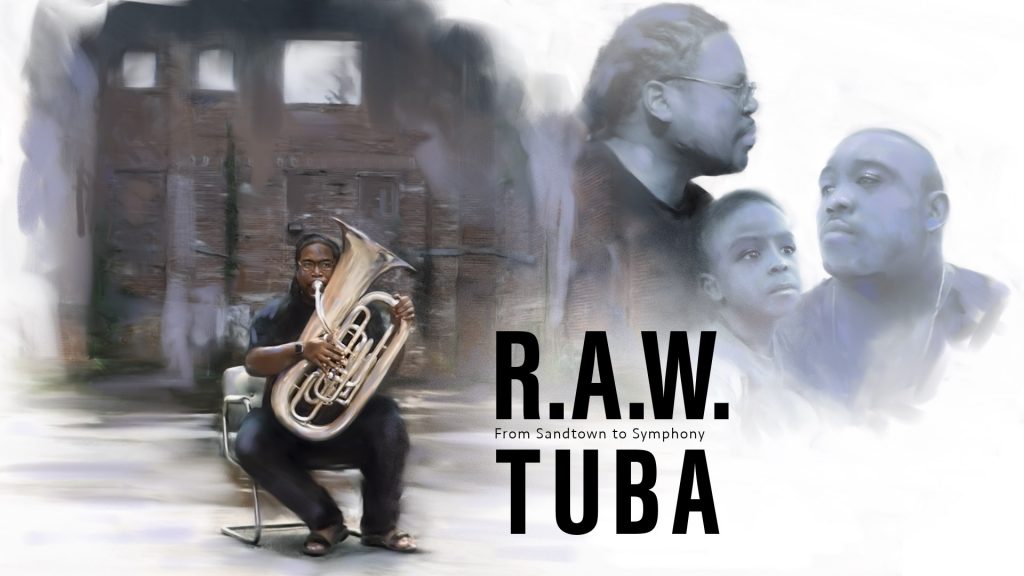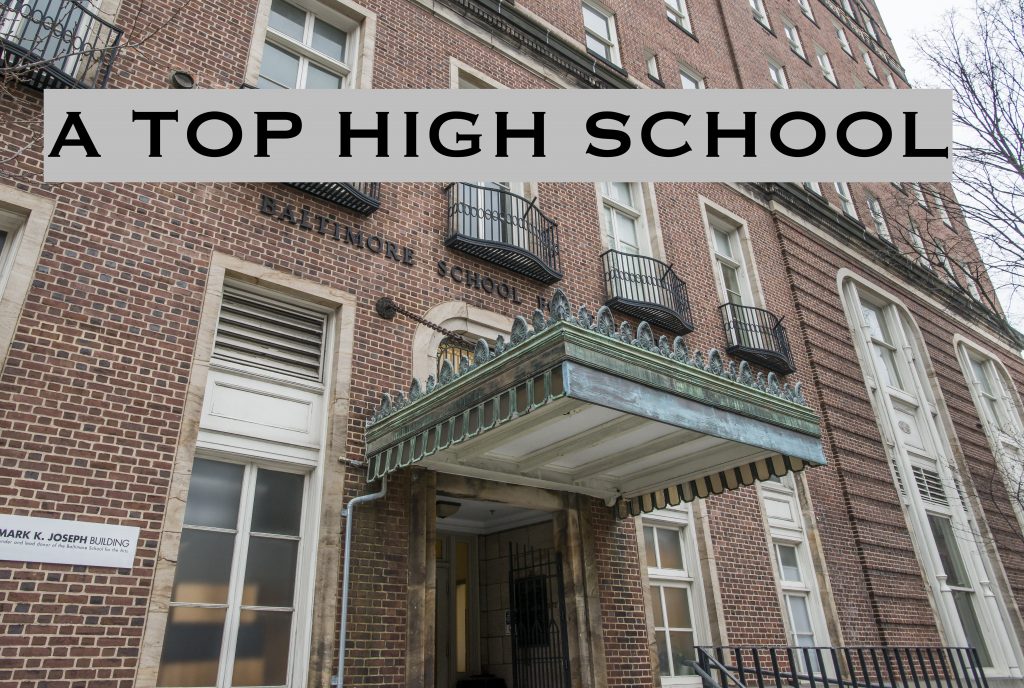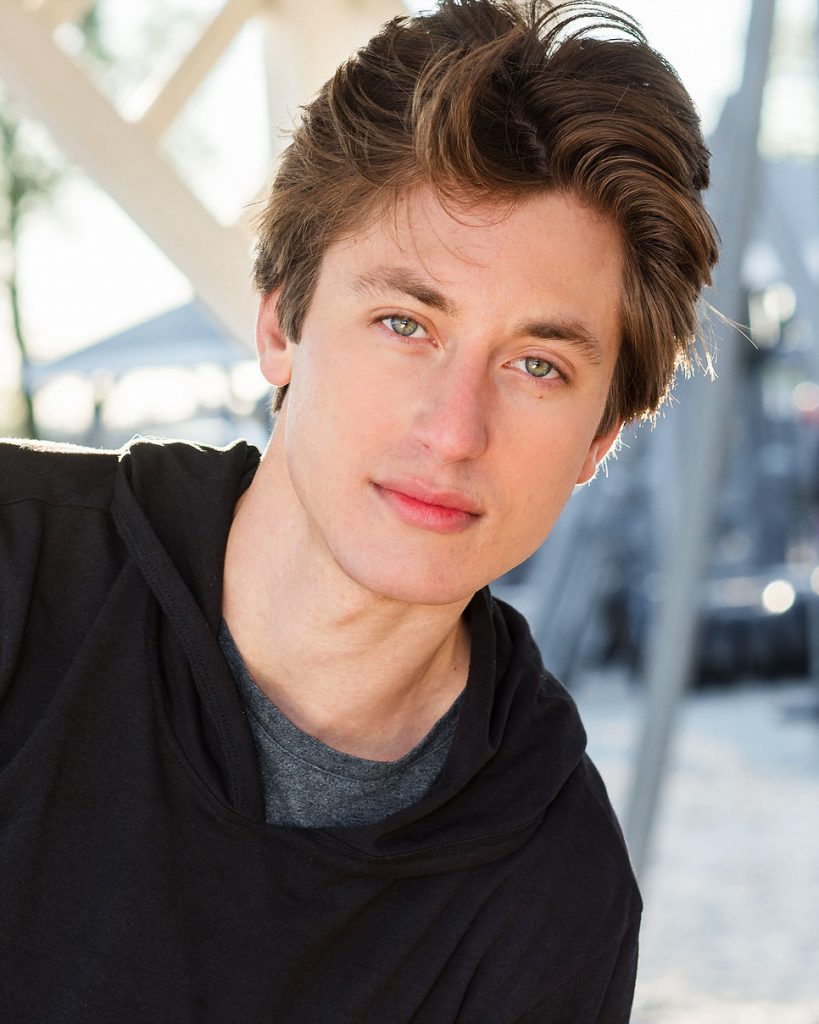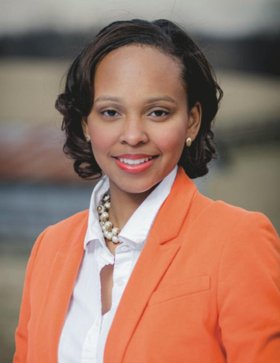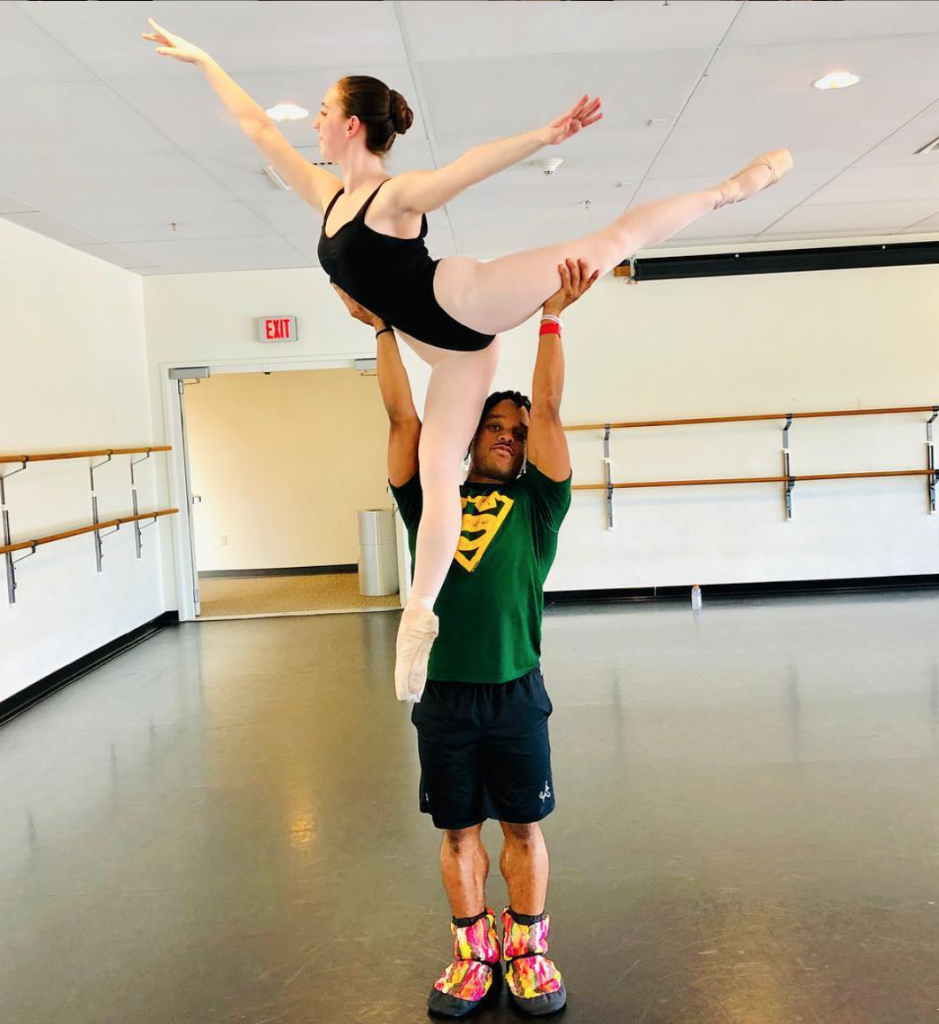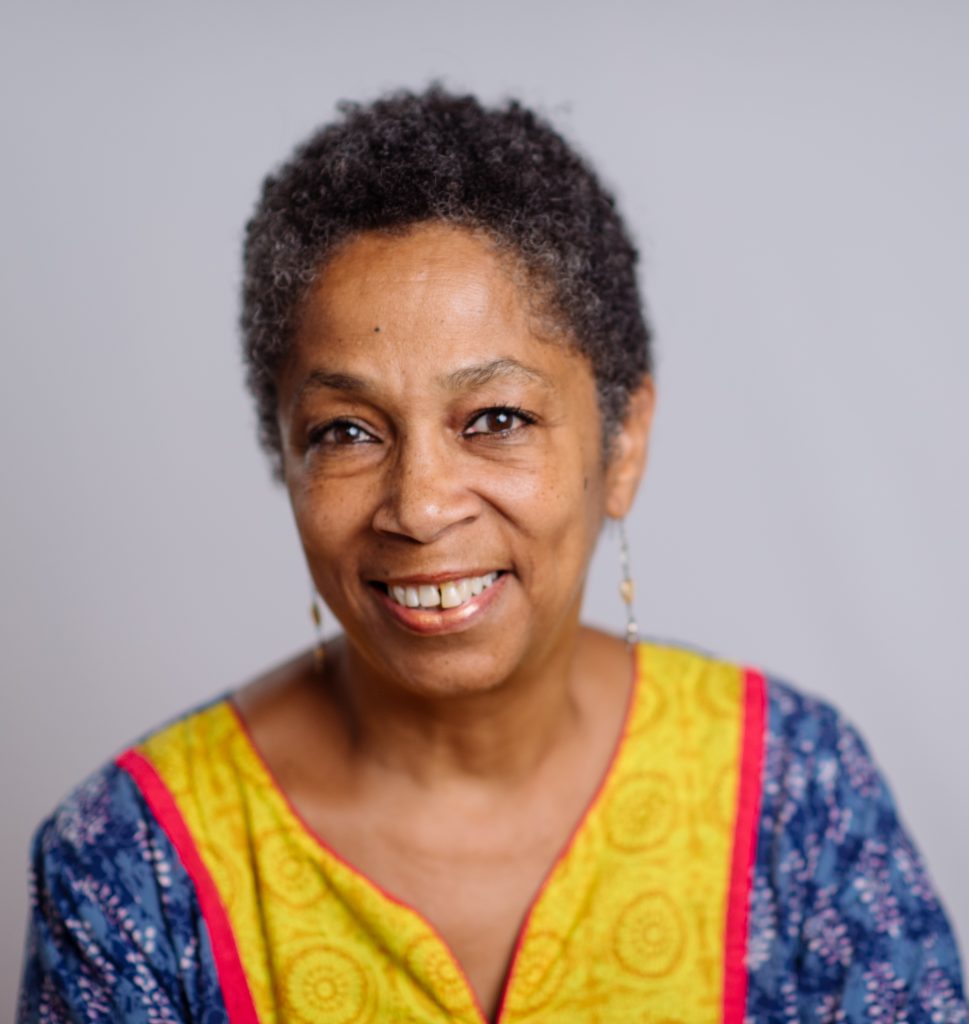Assistant principal Tom Askey spoke at MPT’s TED Talk at MICA last night about teachers balancing creativity and compliance in the classroom. Here is the text of his speech:
Good evening. My name is Tom Askey, academic assistant principal at Baltimore School for the Arts. I am grateful for the opportunity to speak with you this evening.
Around this time last year, The Baltimore Sunpublished an op-ed piece of mine that was a mishmash of ideas about teacher shortages that had been batting around in my head for nine years as a history teacher.
At the heart of my argument was the idea that not enough people wanted to do a job where they were essentially stripped of their creative essence and told that they were beholden to arbitrary and often capricious mandates–everything from their evaluations to their yearly raises to the constant disruption of standardized testing. I argued that we need to respect intellectual autonomy, foster creativity and independence while also managing and maintaining high expectations.
Teachers are the talent–they are any given institution’s most prized possessions. As a profession, teaching sits at this incredibly uncomfortable nexus of creativity and compliance. It requires both in large sums. Teachers encounter systems that literally squeeze the life out of the creative teaching process in favor of allegedly well-intended policies that rewarded compliance. Compliance to a rubric. Compliance to an evaluation system. Compliance to a test score mandate. All of these mechanisms are ostensibly for the good of children, but you cannot take care of children without considering the true value of the adults in the classroom.
As we seek to get more educators in the classroom in front of kids and channeling their own passion and energy to students, we cannot ignore the fundamental truth that teachers need agency. The trajectory of a classroom and the kids within in hinge on the ability of the teacher to perform their tasks intuitively within a framework of natural boundaries. The current narrative to address this involves professional development and mentorship once new teachers have been placed. But that approach fails to tackle a question that really fascinates me.
How can we re-balance creativity and compliance?
I would posit that we need to reorient that narrative and think critically about what we want and expect from teachers. Can we release ourselves from the micromanagement of their spaces? Can we attract young talent that sees work in education as an art as much as it is a municipal service?
Why would anyone stay in these jobs, especially in urban districts, when the reward for a job well-done wasn’t a celebration of your ideas but a celebration of your compliance to a rubric or a trickled-down mandate?
I leave you with a final thought.
Let’s collectively spend time communicating, in words and actions, that we support and believe in our teachers. We often see “We are in it for the kids” or “The work we do for our children is paramount.” While those statements are true, our school and district-level administrators also need to make sure that we nurture the creative passions of educators who are thirsty to encourage Baltimore’s youth in the classroom.
